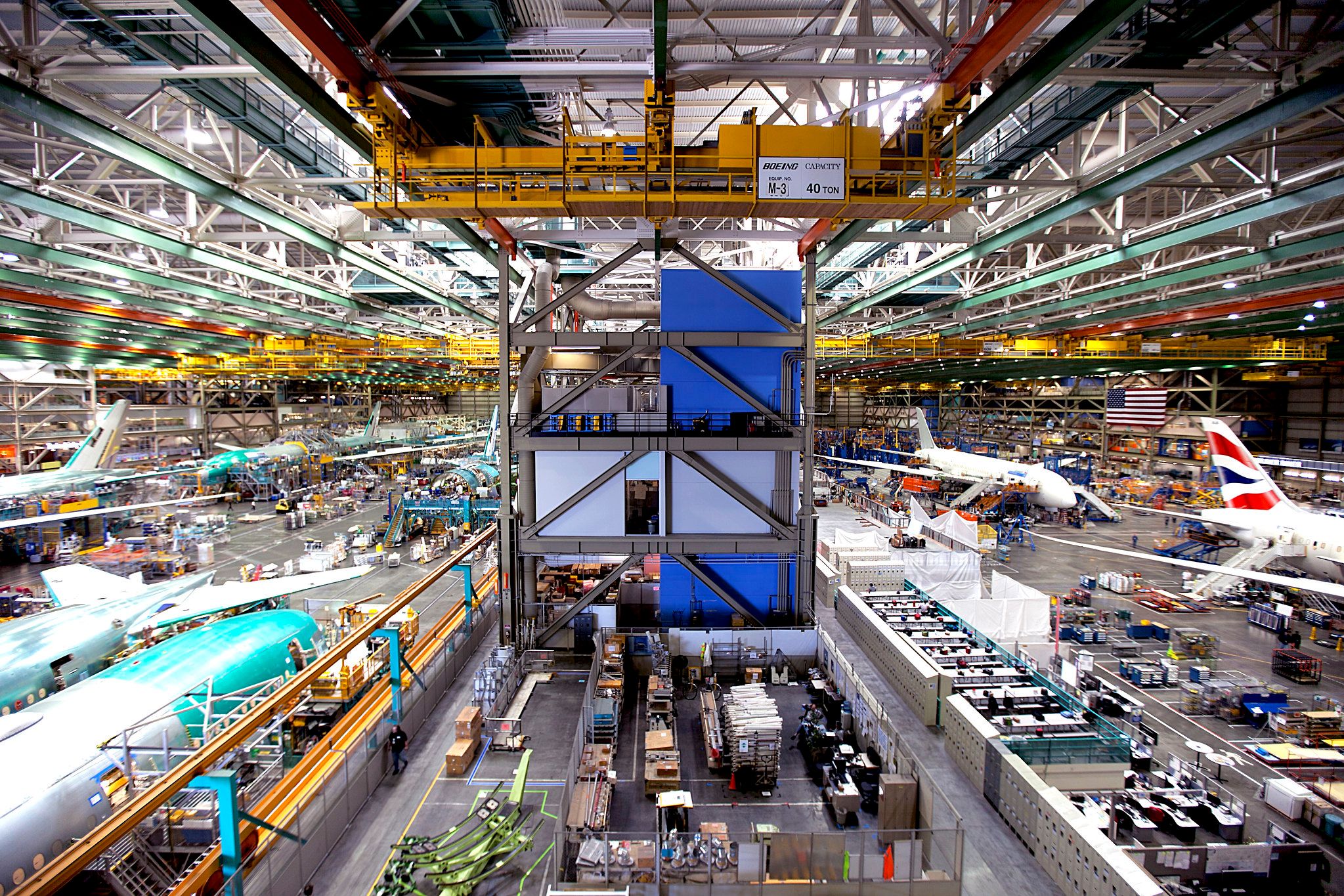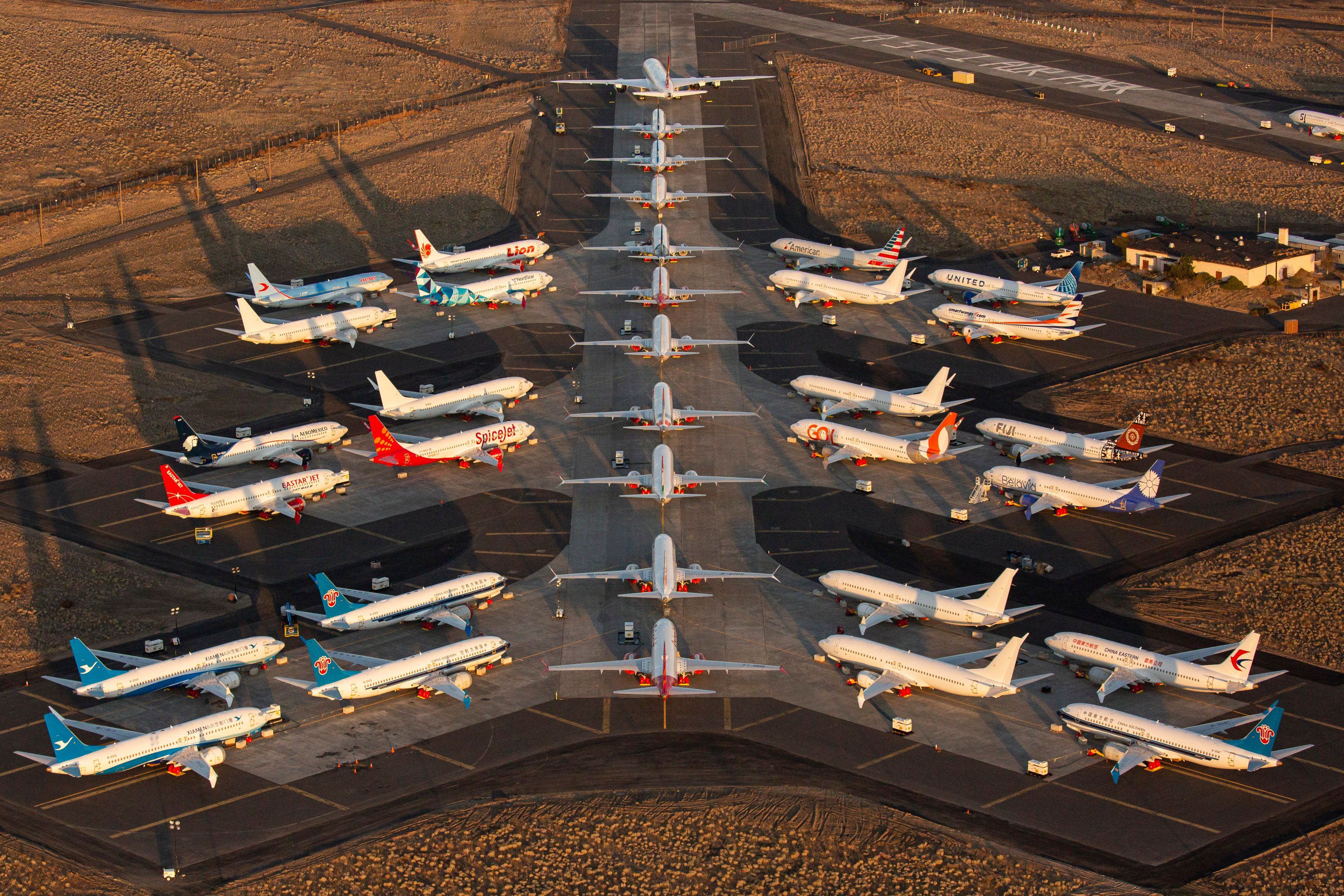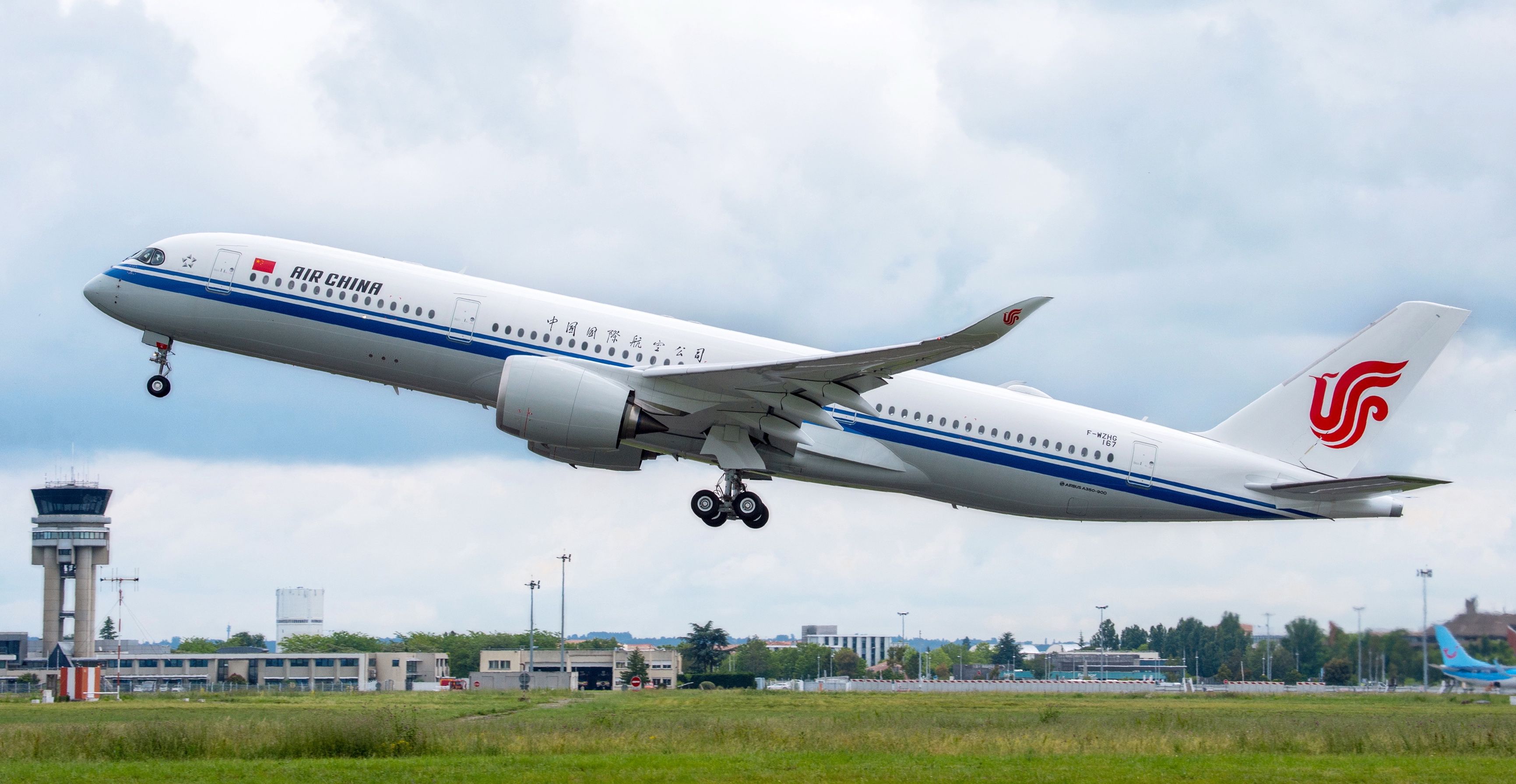Boeing CEO David Calhoun expressed concern at the aircraft manufacturer's ability to deliver 737 and 787 planes at full capacity by 2023 during the company's third-quarter earnings call on Wednesday. The announcement comes as the aviation giant struggles to recover from issues plaguing its supply chain and instead relies on its limited inventory to help fill orders.
Too much demand, not enough supply
The current situation marks a stark contrast from just over two years ago when airlines were canceling flights because of the drop in demand from the COVID-19 pandemic. Although demand for travel has since returned to normal, aircraft manufacturers like Boeing and Airbus are now struggling to fill orders due to supply chain issues. Such issues include a massive labor shortage that has substantially decreased the rate at which suppliers are able to provide parts to manufacturers. The labor shortage is driven by a trend of workers quitting their jobs in search of work that offers better pay and greater flexibility.
Boeing has specifically identified engine castings and a type of wiring connector as the primary bottleneck in the production of its 737 planes. The engine castings, in particular, are produced by CFA International and face delays of up to two months. In an attempt to alleviate some of the pressure from the labor shortage, Boeing has dispatched over 10,000 employees to its suppliers, but efforts to correct the supply chain will take time as Boeing employees work to optimize and integrate into their suppliers' assembly lines. The company predicts that it will be able to resume delivery at full capacity by 2024 or 2025.
Get the latest aviation news straight to your inbox: Sign up for our newsletters today.
Some airlines won't take delivery
Another cause for concern is the fact that some airlines have yet to take delivery of their planes. As of the time of writing of this article, there are 138 737-MAX planes that were supposed to go to Chinese airlines sitting on the tarmac in Washington. The reason for this is that unlike the rest of the world, China has yet to lift pandemic-era travel restrictions. Until it does so, demand for domestic travel will remain stifled, and Chinese airlines will have no reason to take delivery of new planes.
Had Boeing known that certain airlines were going to refuse delivery of their planes, it could have prioritized delivering to airlines that need the planes more urgently and avoided having to shed its inventory.
Boeing's supply chain problems are ultimately the result of two key issues: an ongoing labor shortage that shows no signs of slowing and an unintentional but clear misappropriation of company resources. Fortunately, Boeing has the means to address both of these issues and ensure that it is able to fulfill all of its orders, but it will come at the expense of its short-term productivity. Airlines looking for new additions to their fleet will no doubt be watching Boeing very closely as it attempts to navigate its way through supply chain woes, and its ability to do so will certainly play a key role in the business that it attracts.



